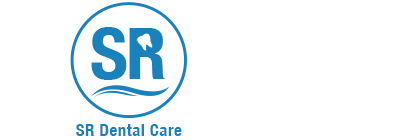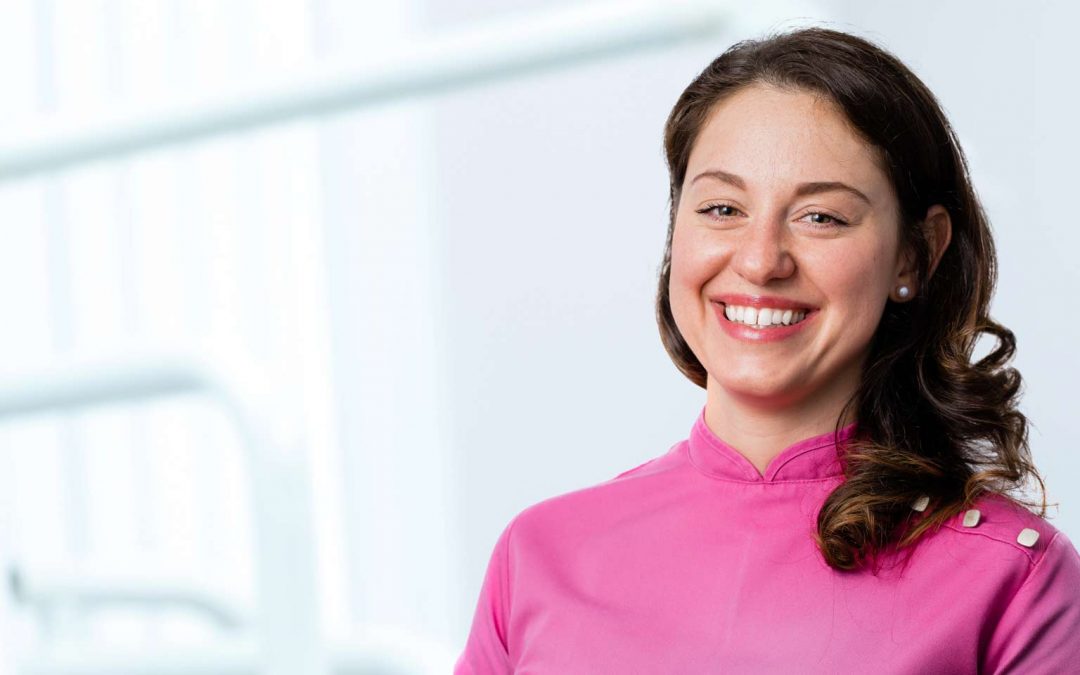Routine Dental Examinations
How Often Should You Go to the Dentist?
Have you ever wondered why the NATIONAL INSTITUTE OF HEALTH AND CLINICAL EXCELLENCE (NICE)and our dentist recommend you come back every six months? It’s because regular dental visits are essential for the maintenance of healthy teeth and gums. And in between those examinations, it’s important that you work to keep your teeth and gums clean and healthy. If you need additional help, our dentist may even suggest more frequent visits.
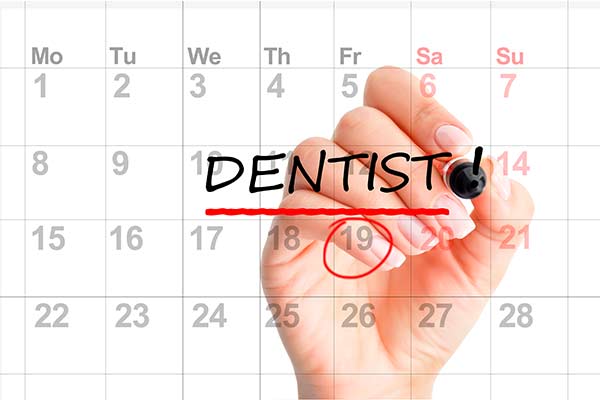
What Goes On During a Dentist Visit?
Checking your teeth for tooth decay is just one part of a thorough dental examination. During your checkup appointment, our dentist (or dental hygienist) will likely evaluate the health of your gums, perform a head and neck examination (to look for anything out of the ordinary) and examine your mouth for any indications of oral cancer, diabetes or vitamin deficiencies. Don’t be surprised if our dentist also examines your face, bite, saliva and movement of your lower jaw joints (TMJs). Our dentist or dental hygienist will then clean your teeth and stress the importance of you maintaining good oral hygiene at home between visits.
Many dentists will pay special attention to plaque and tartar. This is because plaque and tartar can build up in a very short time if good oral hygiene is not practiced between visits. Food, beverages and tobacco can stain teeth as well. If not removed, soft plaque can harden on the teeth and irritate the gum tissue. If not treated, plaque can lead to gum disease.
During your regularly scheduled dental appointments, our dentist will likely look at your gums, mouth, tongue and throat. There are several routine parts to a dental examination.
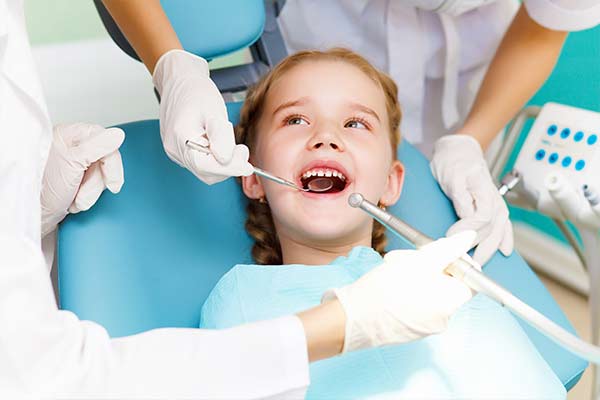
The Head and Neck Examination
Our dentists will start off by:
- Examining your face
- Examining your neck
- Checking your lymph nodes
- Checking your lower jaw joints (TMJs)
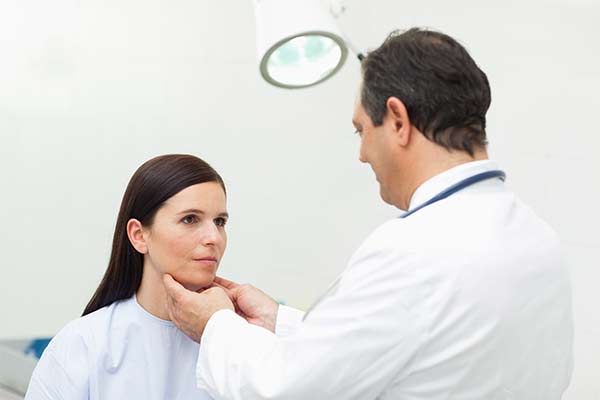
The Clinical Dental Examination
- Examining the gums
- Looking for signs of gum disease
- Checking for loose teeth
- Looking at the tissues inside of your mouth
- Examining your tongue
- Checking your bite
- Looking for visual evidence of tooth decay
- Checking for broken teeth
- Checking for damaged fillings
- Looking for changes in the gums covering teeth
- Checking the contact between your teeth
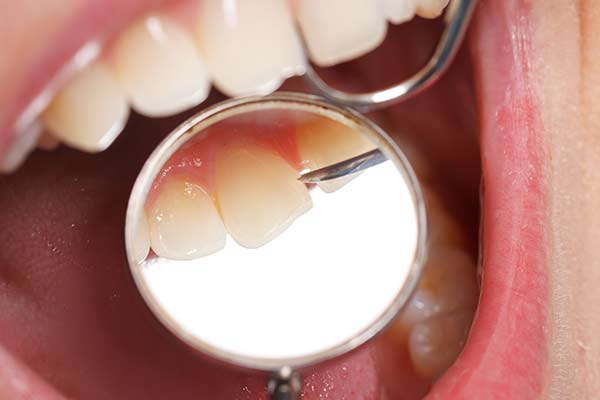
Cancer Screening Examination
Our dentists conduct an oral cancer screening exam. This may include a simple visual exam of the soft tissue to check for any apparent lesions, lumps, discolorations or other areas of concerns. An oral exam alone cannot conclude whether any area is cancerous or not. If our dentist finds an unusual spot that he/she wishes to investigate further, they may refer you to an oral surgeon for a second opinion or obtain a biopsy of the area to send off to a lab for further review.
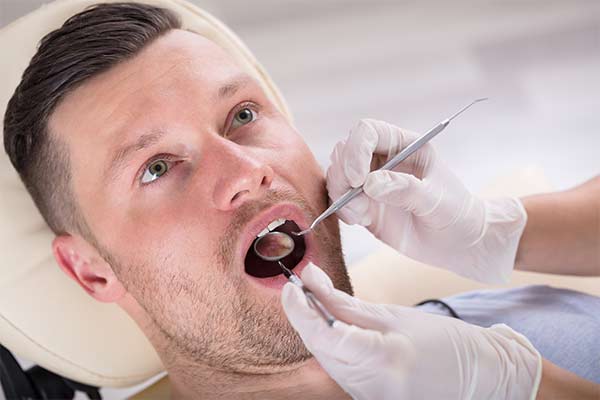
Taking X-Rays
Our dentists may take bitewing radiographs as part of your routine dental examination for early detection of dental caries and to check your bone levels.Dental caries lesions not detected clinically can easily be picked up with these bitewing radiographs. Our dentists follow the (FGDP UK’) selection criteria for dental radiography.
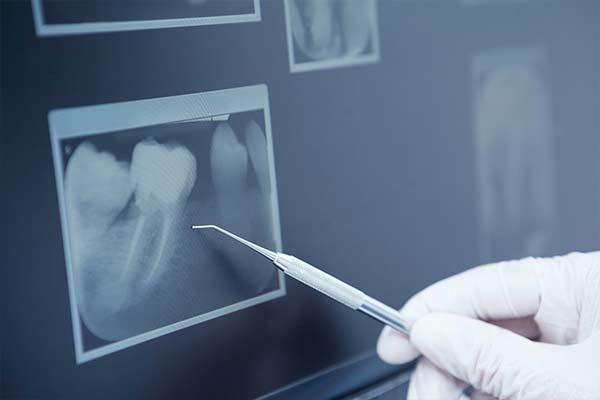
Dental Cleaning
During the final part of the dental visit, our dental professional cleans your mouth using these methods:
- Checking the cleanliness of your teeth and gums
- Removing any plaque and tartar
- Polishing your teeth
- Reviewing recommended brushing and flossing techniques
Once your examination and cleaning have been performed, they’ll tell you about the health of your teeth and gums and then make any additional recommendations. It’s important that you see your dentist every six months and that they give you routine examination and cleaning. Remember, by seeing your dentist on a regular basis and following daily good oral hygiene practices at home, you are more likely to keep your teeth and gums healthy.

